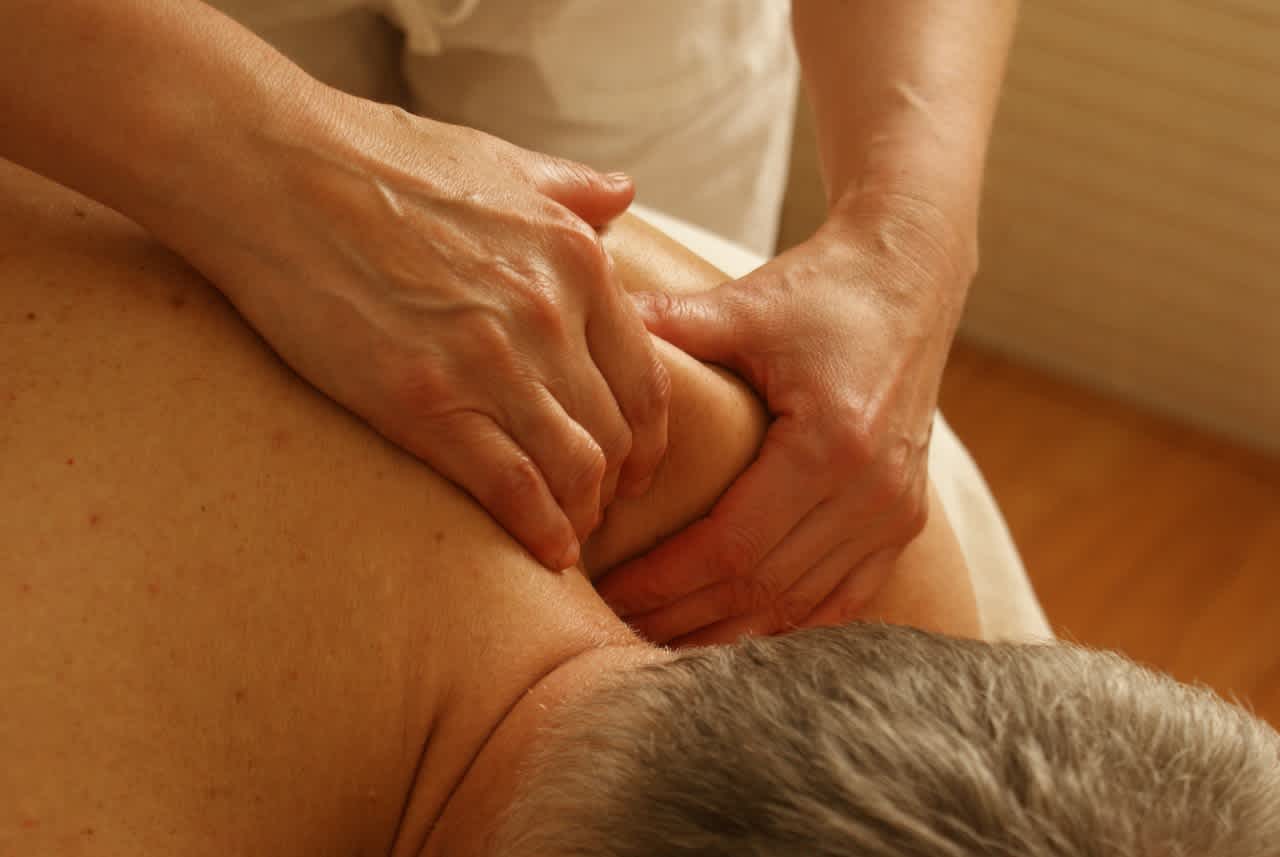Massage therapy is one of the least regulated healthcare practices in the UK, but there are still a few requirements to be able to legally practise. In this article, we discuss a number of massage licence, regulation, and qualification requirements that therapists must adhere to in the UK.
So, can you charge for a massage without a licence in the UK? Massage therapists in the UK cannot practice on specified premises without a Massage and Special Treatments licence. Mobile massage therapists do not require a massage licence, however they will still need to achieve a minimum of a Level 3 Diploma in massage in order to practice.
Read on to learn more about the massage licences, regulations, and qualifications required to practice in the UK.
Can You Charge for a Massage Without Having a Licence in the UK?
Individuals cannot legally provide or charge for massage services in specified premises (e.g. a clinic) without a Massage and Special Treatments licence. This licence covers the premises in which you intend to practise, any massage therapists you hire, and also covers treatments such as manicures, chiropody, sunbeds and other light treatments, and saunas. Separate licences are typically required for any treatments that pierce the skin, such as piercings, tattooing, and acupuncture.
Applications must be made to your local council, at which time a representative will contact you to arrange an inspection of the premises and interview therapists before the massage licence is granted. You cannot practise massage on the premises before this happens.
That being said, there are some exemptions to this rule, but this varies from council to council, therefore it is advisable to check before making an application.
For mobile massage therapists, massage licences are not required as no premises are held, however a massage therapist working in any capacity in the UK must hold, as a minimum, an approved Level 3 qualification in a relevant subject (e.g. massage therapy, sports massage therapy, anatomy, or physiology), and must have trained for a minimum of 200 hours.
Other Massage Regulations in the UK
Alongside a Massage and Special Treatments licence, there are a number of other massage regulations and guidelines in place to ensure safe practice. This includes:
Insurance
Whilst not a strict massage regulation, it is highly recommended to take out insurance on massage businesses in case something goes wrong, in which case insurance will cover the cost.
Health, Safety & Hygiene
The Health and Safety at Work Act (1974) ensures that businesses maintain a high standard of health and safety. This also includes the Health and Safety (First Aid) Regulations (1981) act which stipulates that appropriate first aid materials and a qualified first-aider must be on premises at all times.
Other Regulations
Other regulations and legislation that may apply to massage therapists include:
- Manual Handling
- PPE
- COSHH
- RIDDOR
- Data Protection/GDPR
- Supplies of Goods and Services Act
- Consumer Protection Act
How to Become a Licenced Massage Therapist in the UK
There are a number of specialties within massage therapy, many of which may require additional training, however a great starting point to becoming a qualified massage therapist is to study a Level 3 Diploma in Massage, Anatomy, Physiology, and Pathology. This provides a great, overall understanding of the human body before undertaking specialist massage training.
From here, the minimum requirement to practise as a massage therapist in the UK is a Level 3 Diploma. This can be taken as a general massage course, or as a more specialist course, such as Sports Massage. A Level 3 Diploma can then be followed by a Level 4 Diploma which provides a deeper understanding of anatomy and physiology, and the skills required to practise more advanced techniques. Level 4 Diplomas also allow individuals to screen and assess clients.
Learn more about how to become a massage therapist in the UK in the UK, and how Level 4 Diplomas differ from Level 3 Diplomas in our recent blogs.
Once qualified, massage therapists will then need to apply for relevant licensing if they intend to set up their own clinic, or comply with their employer’s licence regulations. However, unlike other healthcare professions, there is no legal or industrial requirement to secure a licence from a professional body.
What is the Average Cost of a Massage in the UK?
Now that we have determined the licensing required for massage therapists to be able to practise and charge for their services, it may be useful for new massage therapists, student therapists, and those looking to open their own clinics to understand the average cost of a massage in the UK.
The average cost of a massage largely depends on the type of massage being given, and the environment it is being given in, e.g. within a practice or mobile. However, we’ve listed some examples below to give you an idea. For reference, each treatment is based on 60-90 minute appointments.
- Sports Massage/Deep Tissue Massage - £40-90 (upper or full body, dependent upon time)
- Swedish Massage - £45-70 (upper or full body, dependent upon time)
- Shiatsu - £45
- Thai Massage - £45-100 (upper or full body, dependent upon time)
- Reflexology - £45
- Foot Massage - £30-50
- Head Massage - £30
Final Thoughts
Before starting practising as a massage therapist, it is always recommended to check with your local council on their specific requirements to legally practise as this may vary from council to council, and based on individual business circumstances.
But, before you get to that point, you may wish to consider brushing up on, or learning some new skills to broaden your services. At Breeze Academy, we offer a number of CPD courses for healthcare professionals, including Sports Massage training, Acupuncture and Dry Needling courses, Clinical Yoga Teacher Training, and more.
Take a look online today, or get in touch with us for more information.
